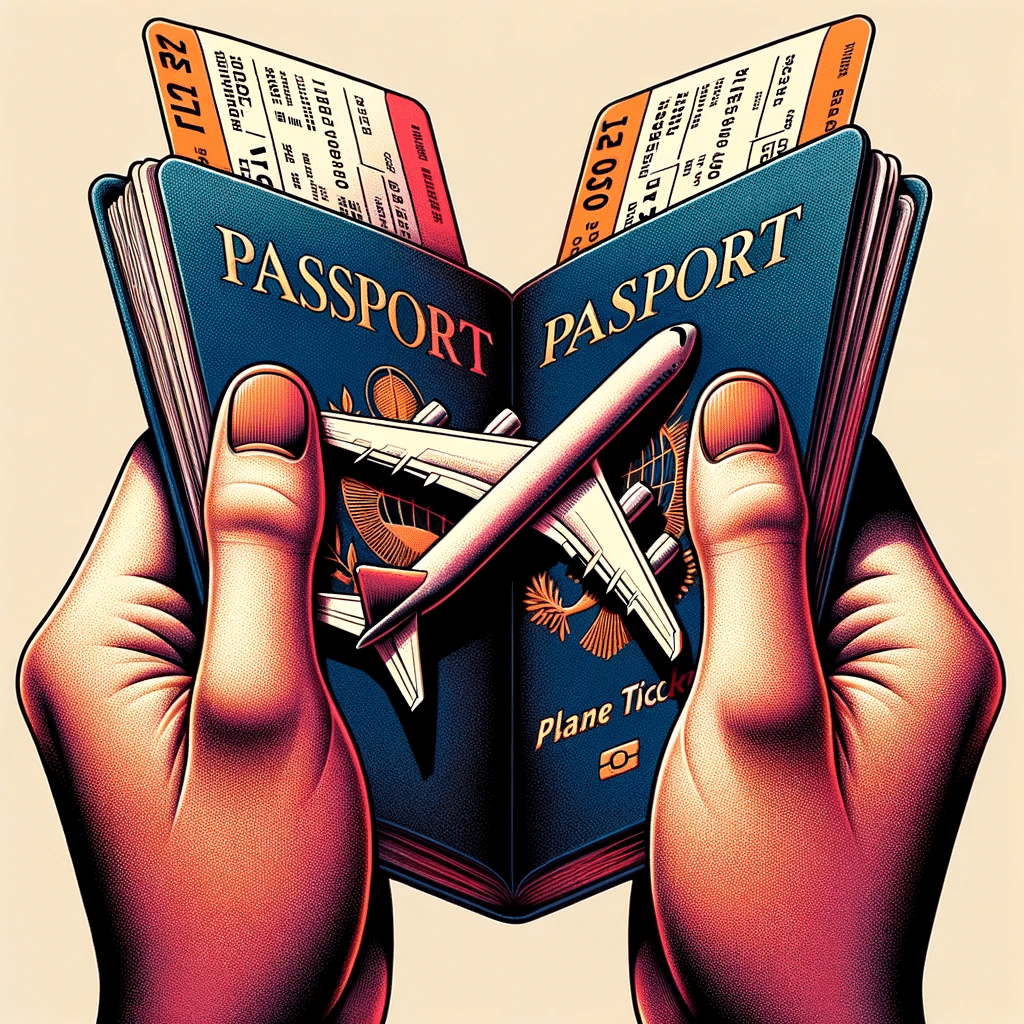Back with another article in esports. This time it’s visas! No, not the credit card but actual work visas. What could happen if you don’t have one as a player and don’t help players get them as a tournament organizer? Well, quite a few things actually. Before I begin, this isn’t an exhaustive list of how to get a work visa. Please don’t forego actual legal advice and blame me. It’s always recommended you hire an expert in this. This is my perspective as a tournament organizer and the risks in esports events. Here we go:
Work Visas in esports
What are work visas and why are they important in esports? Well, here’s a general definition of a work visa.
A work visa is a document issued by a country that allows a foreign individual to enter and work within that country for a specified period of time. The visa is usually tied to a specific job or employer, and the individual must have a job offer from a company or employer that is authorized to sponsor them for the visa. In our esports examples, this is generally done with a few things:
- An invite from a tournament organizer / employer, the more legit the better. I’m talking company letterhead + general work purposes. Reasons why this person is the shit and how no one else can do the job locally
- A flight booked
- A mention of them earning prizing
- A duration of stay with hotel
- A vouch from the company sponsoring them
As you can see, this can be risky for a player AND a TO. If the player gets rejected you could be out all of the above including time and money on both sides. Now imagine this scenario with 100+ players who need visas potentially (not usually the case). Immigration friendly countries shine here + depending on where your players are from can increase risk of rejection.
Tourist Visas in esports
A tourist visa is a document issued by a government that allows a foreign national to enter a country for the purpose of tourism. It typically has a specific expiration date and allows the holder to stay in the country for a limited period of time. In esports, an example of this would be when I am visiting a foreign country that I need a Visa for (example, Vietnam). I’d be allowed to attend events, see the country and go around but not work. I cannot earn there nor should I compete in events there. Generally, you still need some of the above for a tourist visa. Ie, flights booked, hotel stay. You don’t always necessarily need the company vouch/letterhead unless there is a specific reason.
What’s the problem?
Generally, players / teams are responsible for securing visas to events with the assistance of tournament organizers. For example, let’s say you have a large event of 100 players and a few of them mention they’re there to work and play video games but are only on tourist visas. They themselves run the risk of being banned from the country for a certain period of time, a fine and other scenarios including being held for questioning. You as a TO who didn’t get a work visa for them could be at risk as well for encouraging lying to government officials. This gets real serious real fast when other parties start inquiring about your business practices (or lack thereof).
If you’ve left yourself little buffer and have a player held for questioning due to visa issues you now run the risk of ruining your event over something preventable.
Why do people forego work visas?
A few reasons potentially, time, money and lack of knowledge on how to secure them are generally amongst the main reasons. Timing is absolutely crucial. Especially when there are interview processes potentially from other countries. Pretend you’ve finished qualifiers and now want to get a player from Southeast Asia to come to Europe. You should try to aim for 6 weeks roughly in case of backlogs and more. Anything less you could run the risk of not getting the visa in time. Cost is another, if you run the risk of being rejected, you could be out flights + your visa costs if you cannot make the event. Lack of knowledge is another. It’s not excusable at this point as we’re really deep into esports and we need to further mature. However, it still happens on both sides. From a player standpoint, “why do I need a visa to play games”. From a TO standpoint, “let the player do it all”.
Conclusion
I hope you enjoyed this brief article on esports visas. It’s not easy dealing with international players and tournament organizers. It takes a lot of time and effort from both parties to work together to put on events. Larger organizations will generally have dedicated teams for this. Smaller organizations may not and have just an individual or two with knowledge of the above. Let me know if you have any questions on this topic and i’d be happy to answer!
Latest articles
- Understanding Throughput Meaning: A Comprehensive Guide
- What is an Agile Coach and What Do They Do? An In-Depth Guide
- Why Does Adding More Developers Slow Down Development?
- Top Responsibilities of a Scrum Master for Team Success
- Agile Forecasting and Metrics: Best Practices and Common Pitfalls

